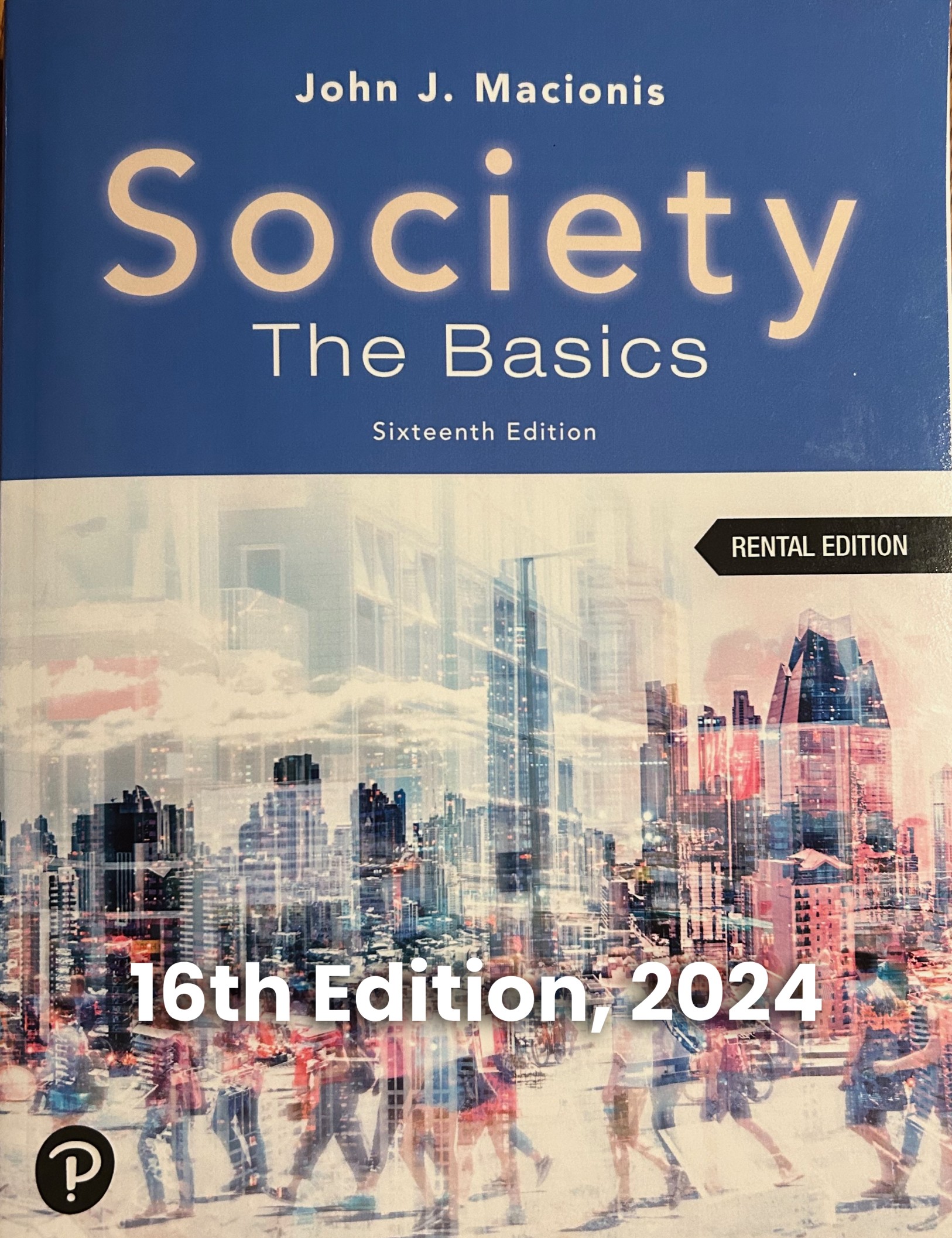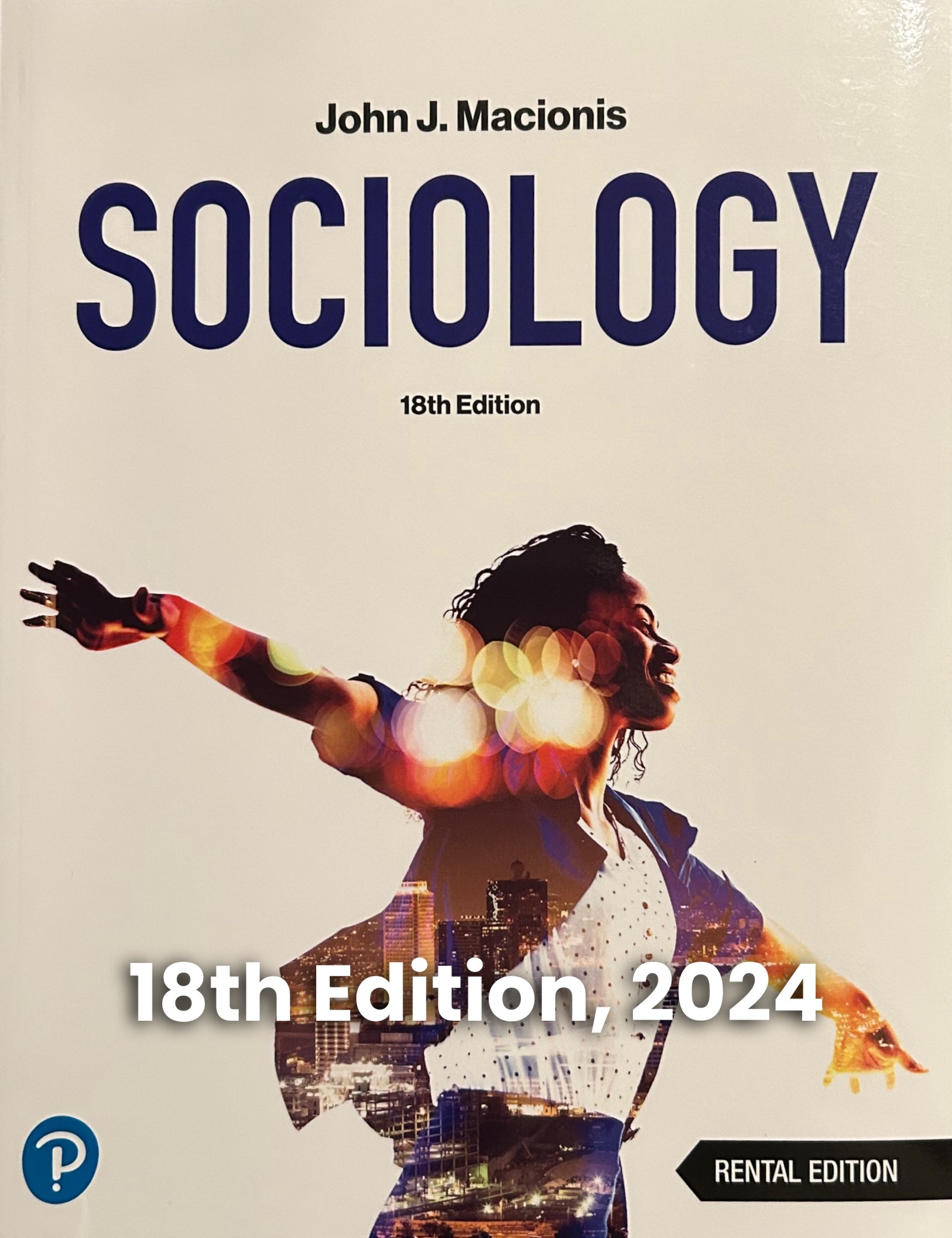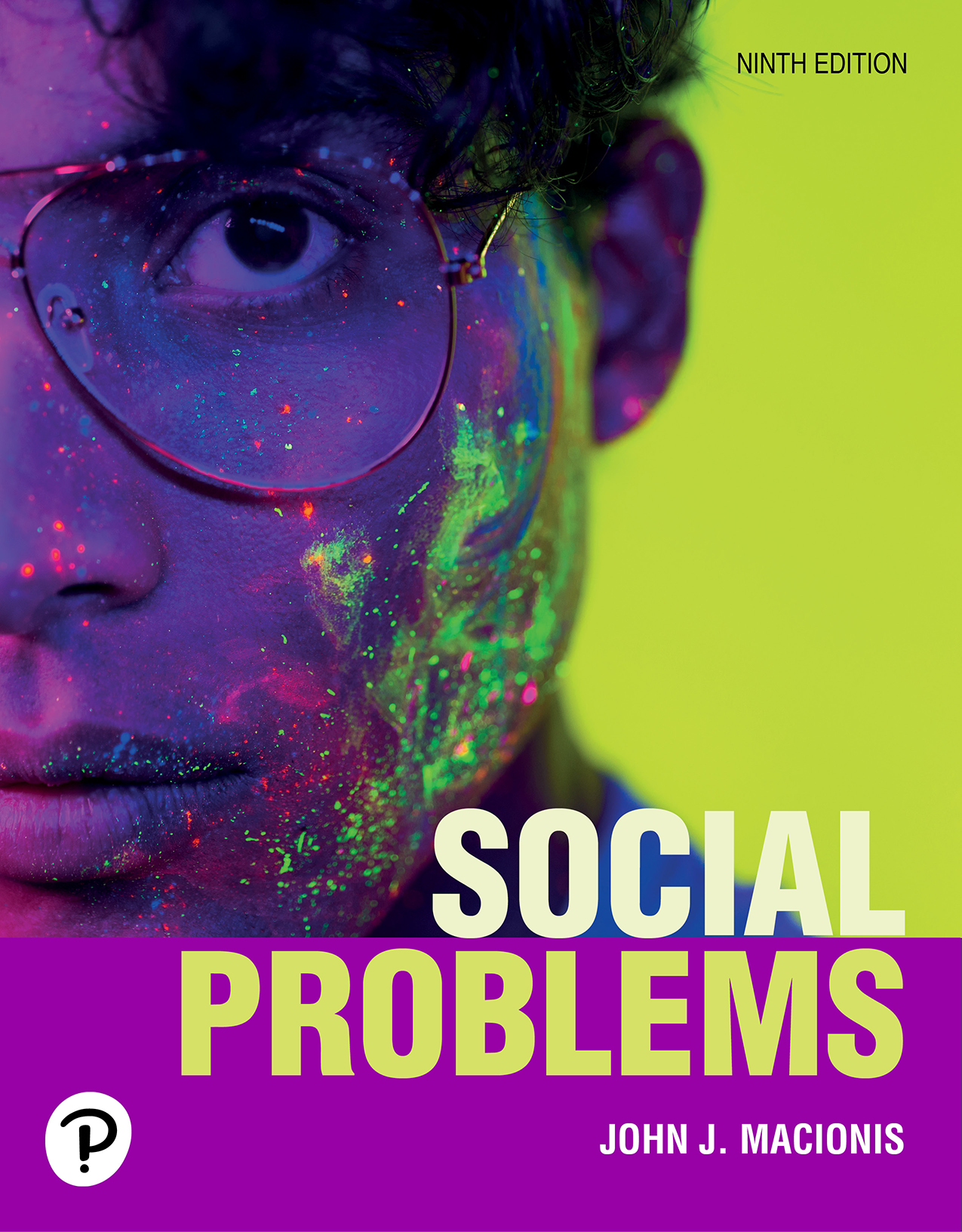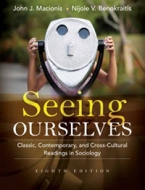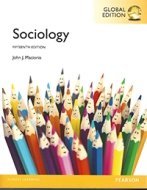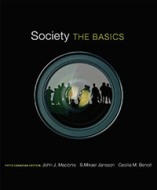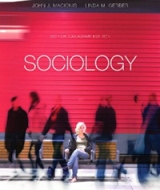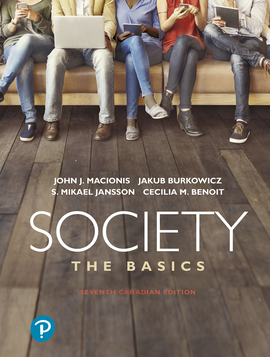This is the Future...
…From a Long-time Classroom Teacher Who Continues to Learn
The focus of my work remains writing what I hope are the most engaging, up-to-date, and
change-focused texts in the field of sociology. In an age of outsourcing and cost saving, I still do
the work the old-fashioned way--by myself, and I do what it takes to get it right. All the content,
all the supplements, all the test questions are done “in house” so you can have complete confidence
in accuracy and quality. The Revel digital learning material, which is fully functional on any and
all computers and mobile devices, is interactive, current, and written to change lives and change
society.
Why digital? This is the future and it is already here. Most of today’s students have experienced
digital learning for their entire lives. Because students expect information to be available through
electronic devices, they are most likely to complete assignments that are available online. There
are other advantages as well. Our digital titles are completely ADA compliant, presenting material
in ways that meet the needs of all people including those with various disabilities. Readers can
modify screen size, just as students can choose to listen to content available in audio files.
Digital learning is also the answer to the long-time problem of high book prices: Revel titles are
sold for less than half of cost of print books (and students may choose to purchase a supplemental
print version for a small additional cost). Yes, they can also opt to rent print books for a very
low cost.
Most important, digital allows all students to learn through discovery. Rather than passively reading
a book, students interact with a digital title that invites the experience of active discovery.
Every semester, I increase the interactive content of our titles. This is the bright future of
learning. Will you join me and our students on this journey?
If you have questions or comments, I invite you to write to me at macionis@kenyon.edu





